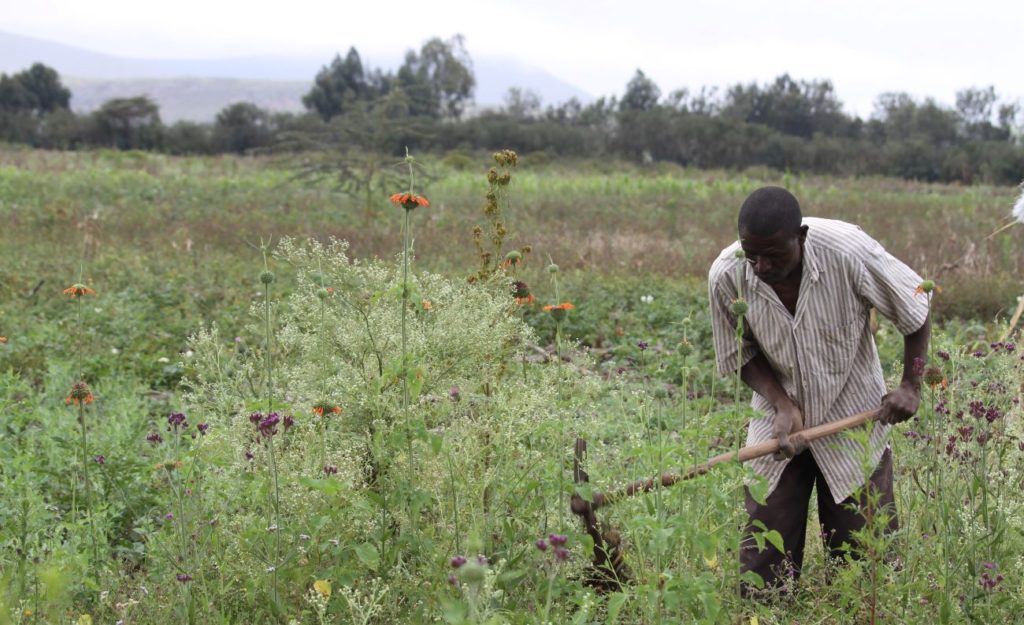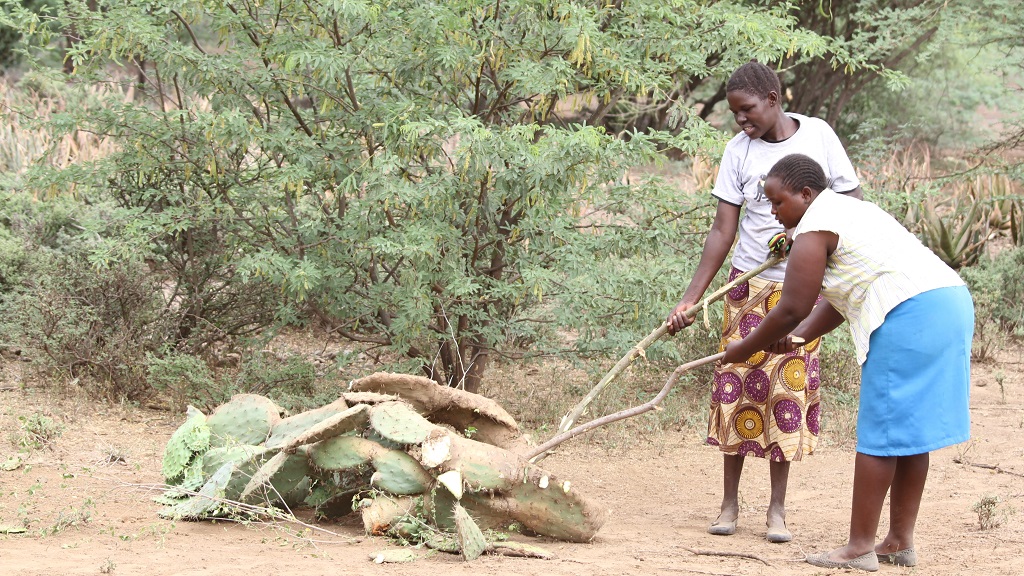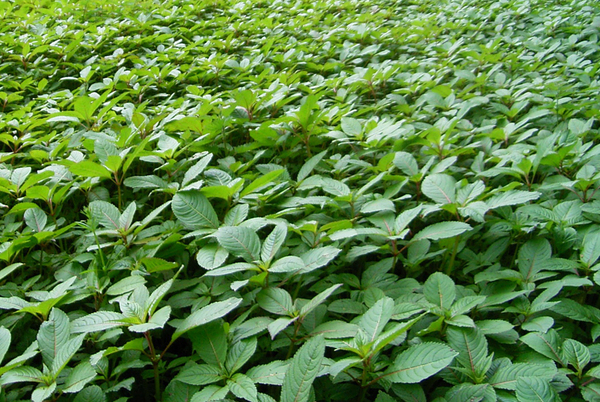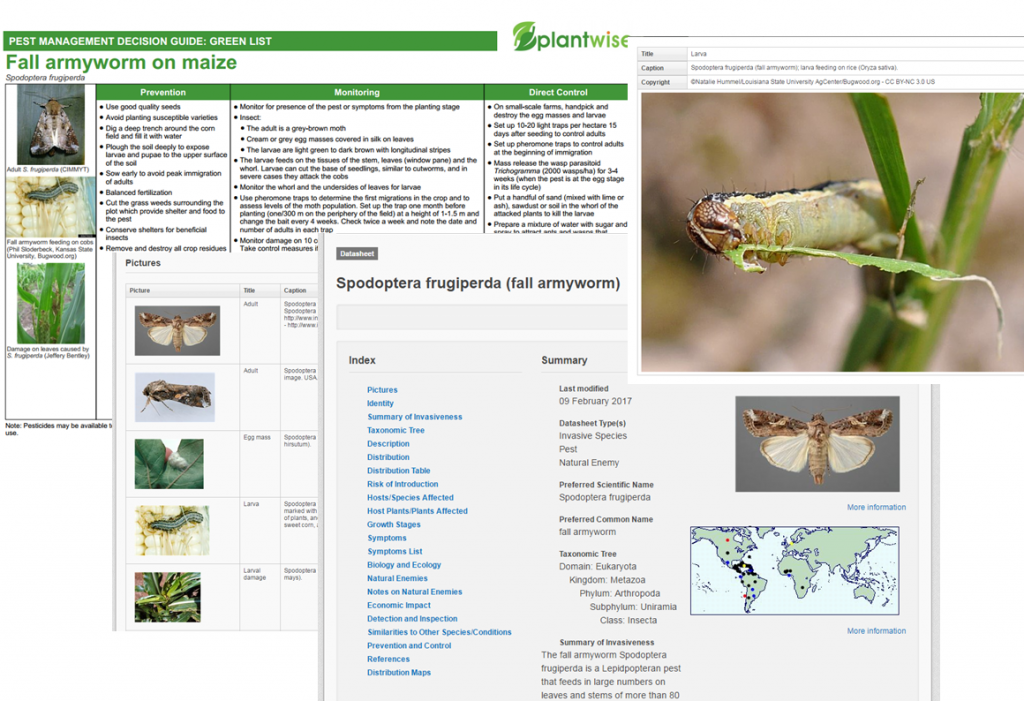Weeding Invasive Alien Species – Africa’s Economic Burden
Weeds wreak havoc, day after day, year after year. They degrade agricultural land, deplete water resources and destroy crops, as well as being alternative hosts for crop pests. Yet, while weeds do cause damage to crop yields, a newly published study reveals that the vast majority of the costs are due to weeding.
Do invasive species impact men and women differently?
We know that invasive species – whose introduction and spread threaten biodiversity – disproportionately affect communities in poor rural areas who depend on agriculture and natural resources for their livelihood. But do gender roles and relationships in agriculture influence the way men and women experience the impact of invasive species?
Study finds endoparasitoid wasp can reduce fall armyworm leaf consumption rate by up to 89%
In a recently published study led by CABI, researchers assessed, under lab conditions, the effect of the endoparasitoid wasp, Coccygidium luteum on the leaf rate consumption of its host – fall armyworm larvae.
Collaborative effort in Kenya to manage the impact of scale insect in coastal region
By Fernadis Makale, CABI Scale insects – such as the coffee mealybug and cassava mealybug – are some of the least studied group of invertebrates in East Africa. However, a collaborative effort has been made to address the threat they pose to smallholder farmers: despite their cross-cutting status as pests in all plant groups, crops,…
Southern armyworm identified from West and Central Africa
Edited by Washington Otieno, Roger Day and Matthew Cock. The International Institute of Tropical Agriculture (IITA) has confirmed that caterpillar and adult moth samples from West and Central Africa are southern armyworm, Spodoptera eridania.
Fostering partnerships to combat fall armyworm
Since 2017, CABI has been heavily involved in the international effort to develop and implement a continental framework for tackling fall armyworm in Africa. Initial meetings resulted in the development of a draft framework, which identified roles for different organisations involved in fall armyworm management globally and on the African continent, including CABI. This has…
Invasive plants to devastate annual wildebeest migration
According to new research, scientists found that a number of invasive alien plant species initially introduced as ornamental plants at tourism facilities are now spreading rapidly throughout the Serengeti-Mara ecosystem, posing a major threat to wildlife, including the annual wildebeest and zebra migration as well as a range of other plant and animal species.
The locust invasions devastating Niger
It is the end of December 2016, with clear skies over Niger. But as 2017 draws near prospects are grim for some 500 residents in Bani Kosseye, a village 80km from the capital Niamey. Agricultural production has been poor here, and families’ meagre stocks are expected to run out within a few weeks. People already fear…
Where to find CABI’s open-access information on fall armyworm
The fall armyworm, Spodoptera frugiperda, is making headlines worldwide for all the wrong reasons. The caterpillar crop pest, native to the Americas, was reported in Africa for the first time last year and is now rapidly marching across the continent. It is a voracious pest of maize and other staple crops and has already destroyed…
New Strategy Receives Thumbs Up
This week in Douala, Cameroon, the General Assembly of the African Union’s InterAfrican Phytosanitary Council (IAPSC) gave the thumbs up to IAPSC’s new strategic plan. IAPSC Director Dr Jean Gerard Mezui M’Ella thanked all the organisation’s partners who had assisted in the preparation of the plan, especially FAO’s Regional Office for Africa for funding the…






